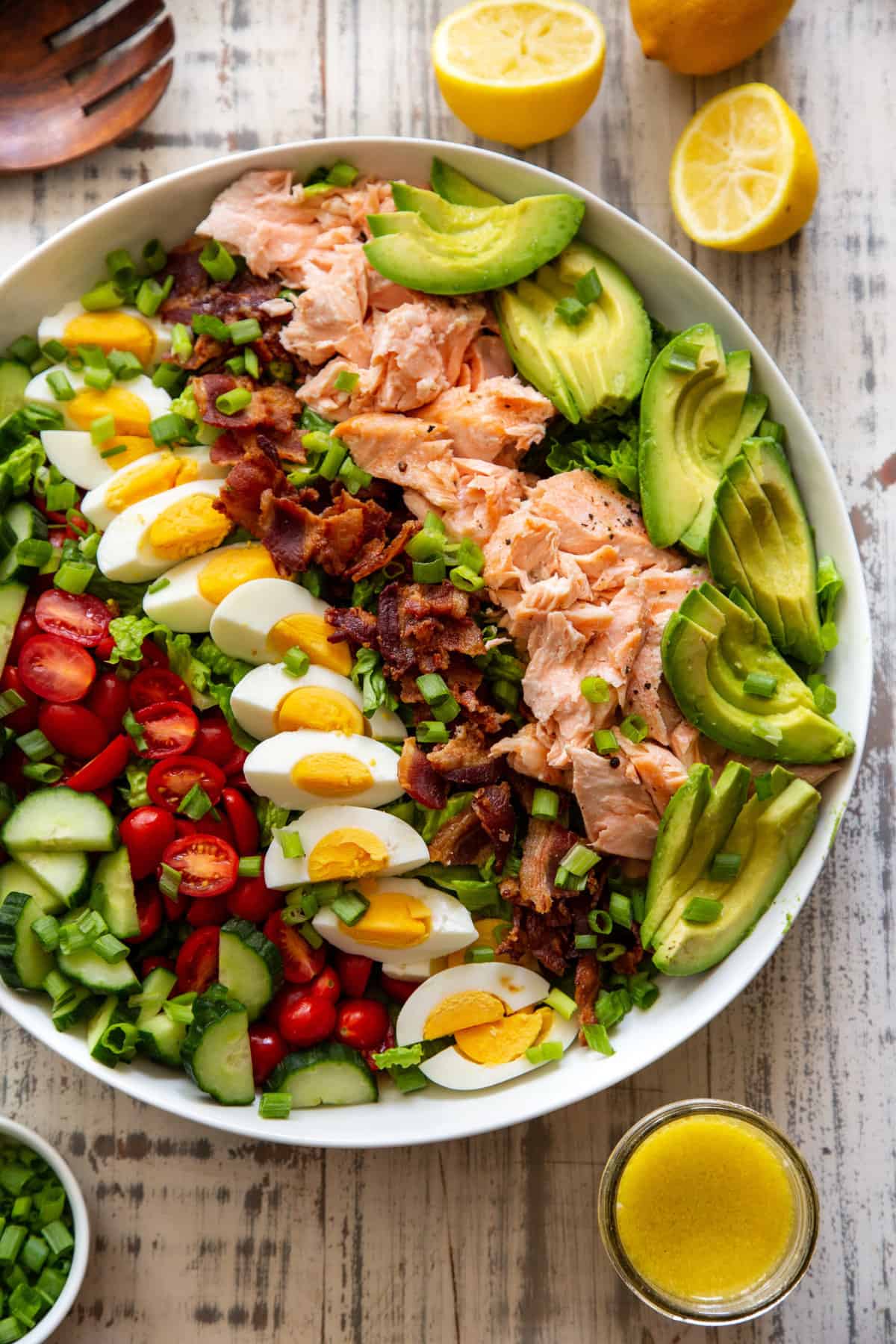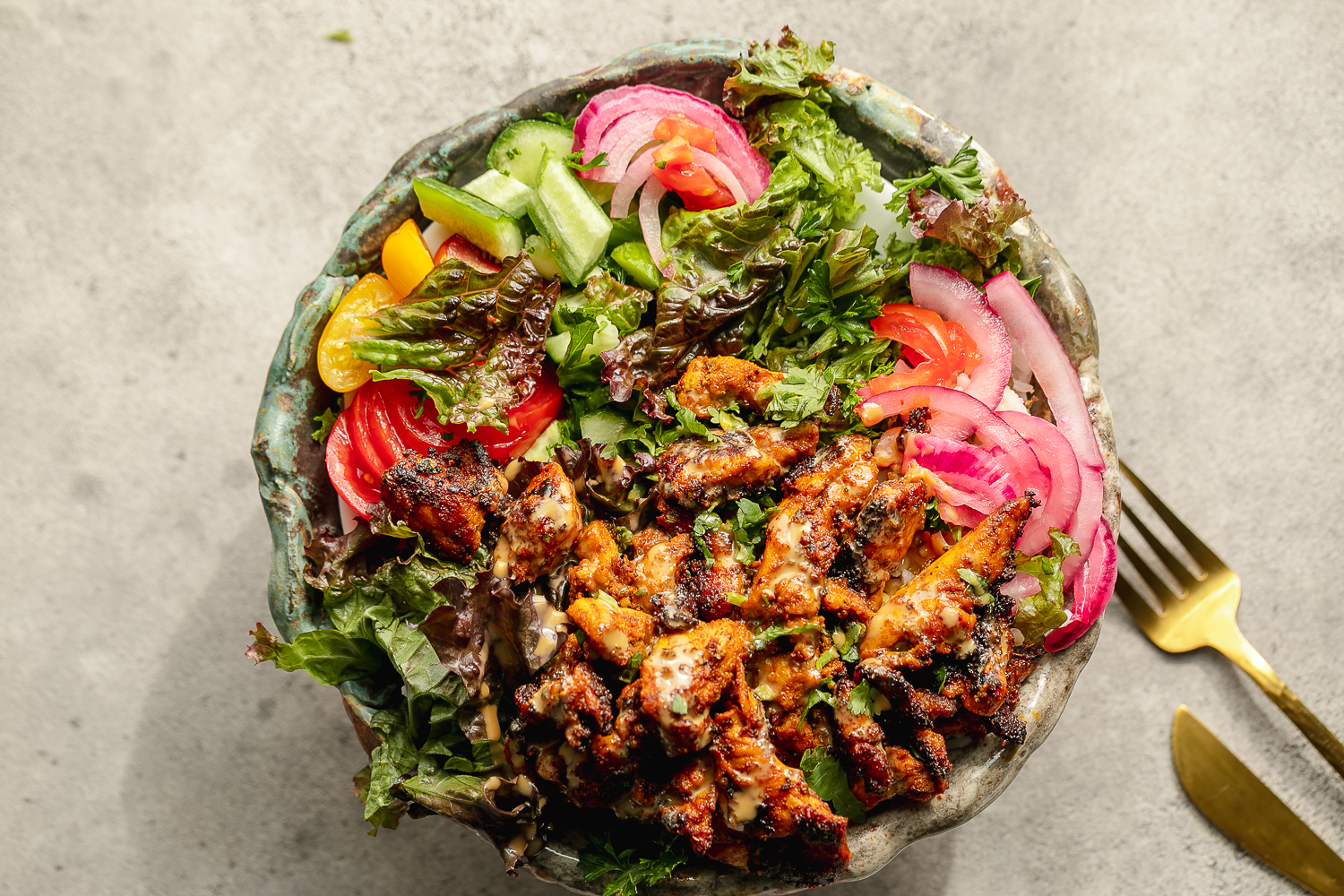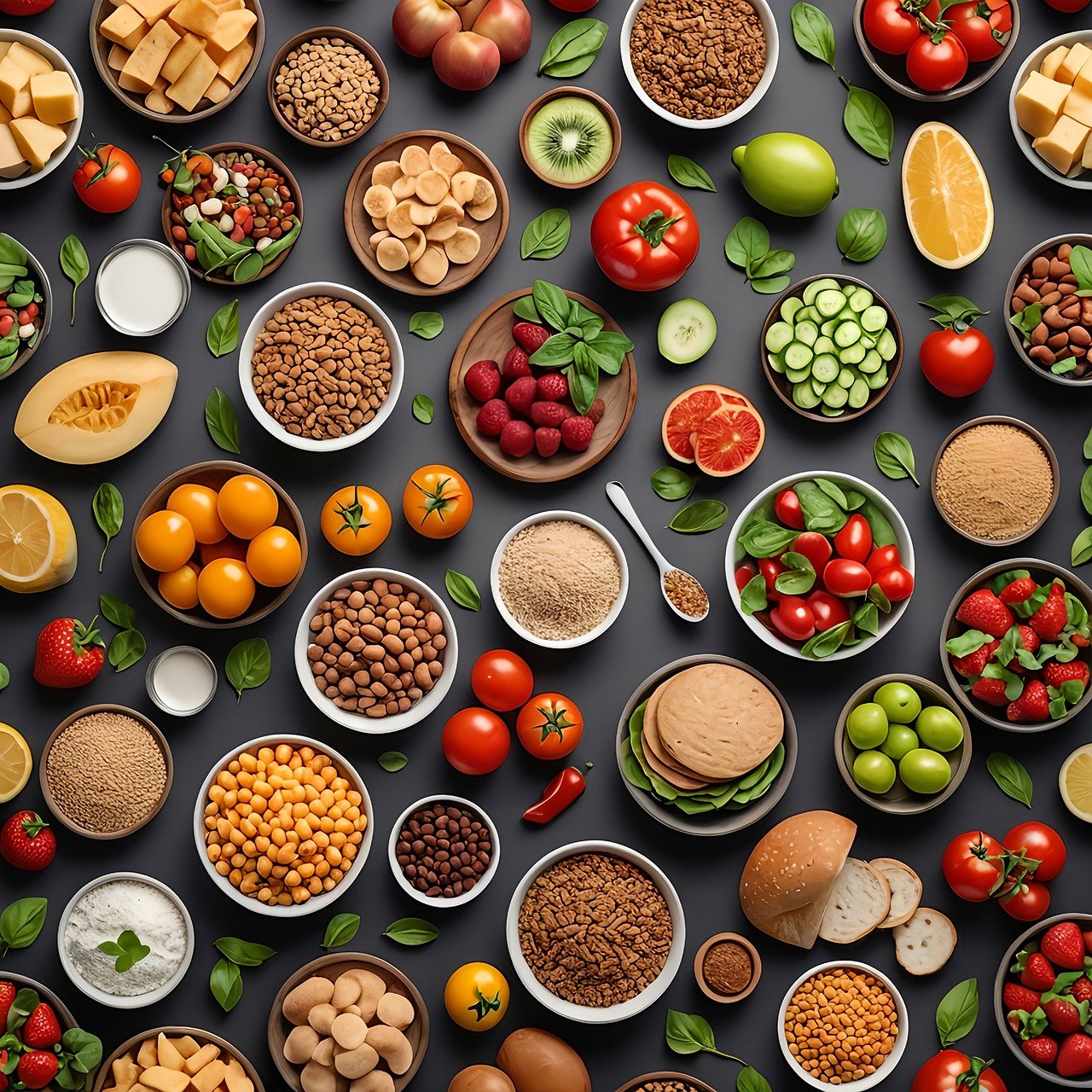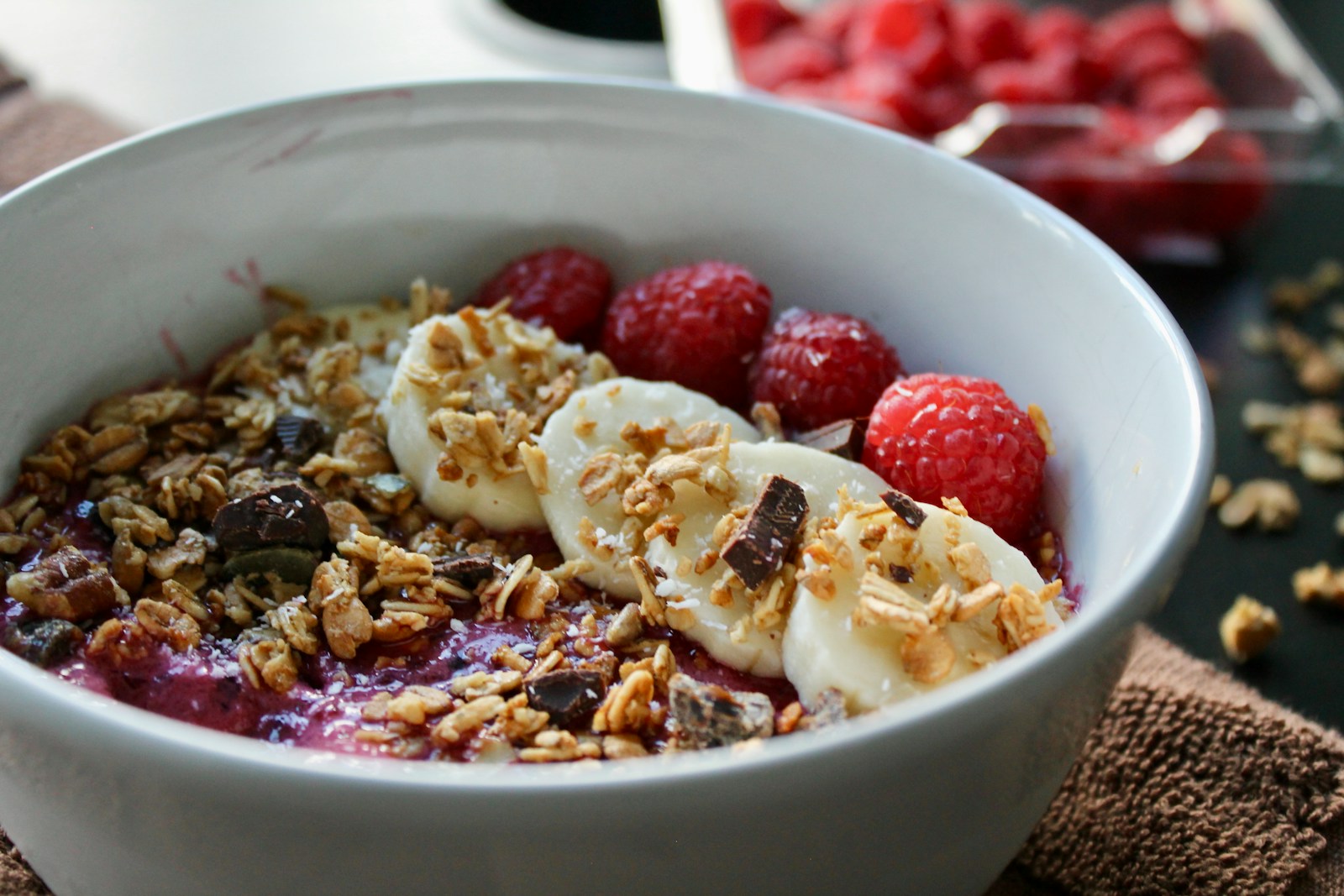The Best Diets for Rapid Weight Loss Without Compromising Health
Opening Insights
When it comes to rapid weight loss, choosing the right diet can be a game-changer. However, many quick-fix diets can jeopardize your health, leaving you worse off than before. This guide presents scientifically-backed diets that deliver fast results without compromising overall well-being.
1. The High-Protein Diet
How It Works
A high-protein diet prioritizes protein intake while reducing carbohydrates and fats. This macronutrient balance boosts metabolism, preserves muscle mass, and curbs hunger.
Benefits
- Increased Metabolic Rate: Protein has a high thermic effect, meaning your body burns more calories digesting it.
- Enhanced Satiety: Protein keeps you fuller for longer, reducing calorie intake.
- Preserved Muscle Mass: Essential during calorie deficits for maintaining strength and body composition.
Key Foods
- Lean meats: Chicken, turkey, and fish.
- Plant-based proteins: Lentils, chickpeas, tofu, and edamame.
- Dairy: Greek yogurt, cottage cheese, and low-fat milk.
Tips for Success
- Aim for 1.2–2.0 grams of protein per kilogram of body weight daily.
- Pair protein with non-starchy vegetables to enhance nutrient intake.
2. Intermittent Fasting
How It Works
Intermittent fasting (IF) cycles between eating and fasting periods. Common methods include the 16/8 approach (16 hours fasting, 8 hours eating) and alternate-day fasting.
Benefits
- Fat Loss: Fasting encourages the body to burn stored fat for energy.
- Improved Insulin Sensitivity: Helps regulate blood sugar levels.
- Cellular Repair: Fasting triggers autophagy, a process that clears damaged cells.
Key Tips
- Stay hydrated during fasting windows to support energy levels.
- Start with shorter fasting periods and gradually increase as your body adapts.
3. The Mediterranean Diet
How It Works
This diet emphasizes whole, minimally processed foods, healthy fats, and lean proteins. It draws inspiration from traditional eating habits in Mediterranean countries.
Benefits
- Heart Health: Rich in monounsaturated fats from olive oil and nuts.
- Anti-Inflammatory: High in antioxidants from fruits and vegetables.
- Sustainable Weight Loss: Easy to follow long-term.
Staple Foods
- Olive oil, nuts, and seeds.
- Whole grains like quinoa and barley.
- Fresh fruits and vegetables, especially leafy greens and berries.
4. The Low-Carb Diet
How It Works
By reducing carbohydrate intake, this diet forces the body to burn fat for energy, often resulting in rapid weight loss.
Benefits
- Quick Fat Loss: Effective in shedding pounds rapidly.
- Reduced Hunger: Stabilizes blood sugar levels, preventing cravings.
Popular Variations
- Keto Diet: Extremely low carb, high fat.
- Atkins Diet: Progressive reintroduction of carbs after initial restriction.
Key Foods
- High-protein sources: Eggs, chicken, and salmon.
- Non-starchy vegetables: Broccoli, zucchini, and asparagus.
- Healthy fats: Avocado, nuts, and coconut oil.
5. The DASH Diet
How It Works
Designed to lower blood pressure, the DASH (Dietary Approaches to Stop Hypertension) diet focuses on nutrient-dense foods and portion control.
Benefits
- Supports Heart Health: Low in sodium and rich in potassium.
- Promotes Weight Loss: Encourages a balanced, calorie-controlled diet.
Staple Foods
- Whole grains, fruits, and vegetables.
- Low-fat dairy and lean proteins.
- Limited processed and high-sodium foods.
Tips
- Gradually reduce sodium intake to avoid drastic changes.
- Incorporate a variety of fresh produce for maximum nutrient diversity.
6. The Vegan Diet
How It Works
Excludes all animal products, focusing on plant-based whole foods. A vegan diet can be tailored for weight loss by prioritizing nutrient-dense, low-calorie options.
Benefits
- Caloric Deficit: Naturally lower in calories when focused on whole foods.
- Improved Digestion: High in fiber from fruits, vegetables, and legumes.
Staple Foods
- Legumes: Lentils, beans, and peas.
- Whole grains: Brown rice, quinoa, and oats.
- Plant-based fats: Avocado, seeds, and nuts.
7. The Flexitarian Diet
How It Works
Combining the principles of vegetarianism with occasional inclusion of meat or fish, the flexitarian diet is a flexible and sustainable approach.
Benefits
- Sustainability: Easier to maintain than strict vegetarian or vegan diets.
- Weight Control: Promotes a natural caloric deficit through plant-based eating.
Key Foods
- Primarily plant-based proteins.
- Occasional servings of poultry, fish, or eggs.
- Emphasis on whole, minimally processed foods.
Closing Thoughts
Each diet highlighted here offers unique advantages for rapid, healthy weight loss. The best choice depends on your preferences, lifestyle, and health needs. Whether you prioritize flexibility, simplicity, or health benefits, remember that consistency and balance are key to long-term success. Always consult with a healthcare professional before starting any new diet to ensure it aligns with your goals and overall health.
Relevant Links/Sources:
- Mayo Clinic: Mediterranean Diet
- Harvard Health: Benefits of Intermittent Fasting
- NIH: DASH Diet Guidelines





